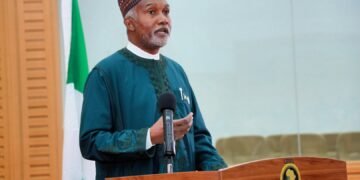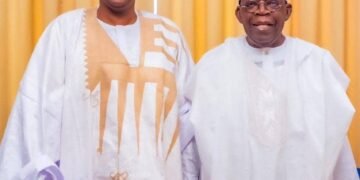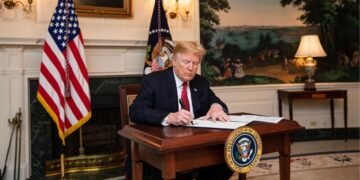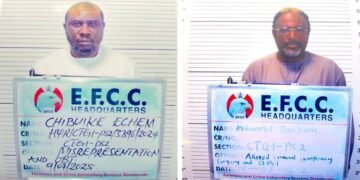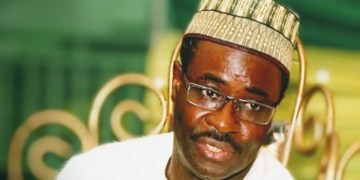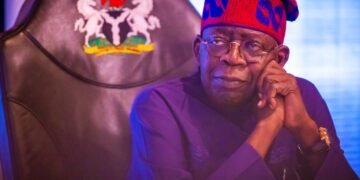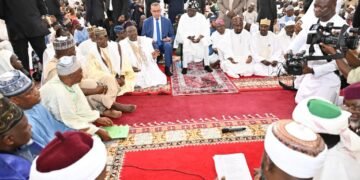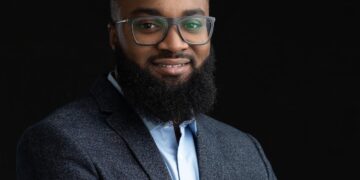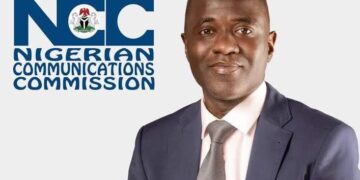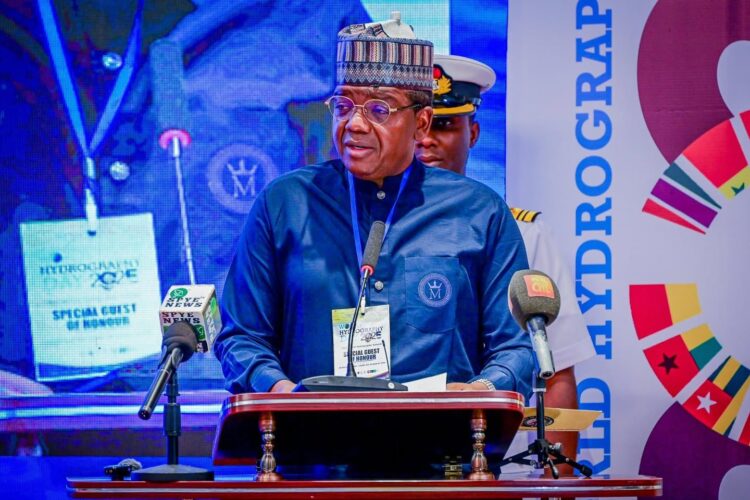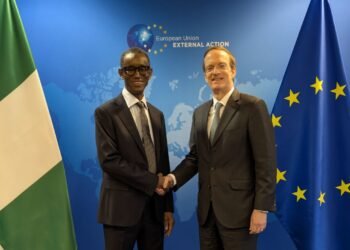In Abuja and beyond, Dr. Bello Muhammad Matawalle, Nigeria’s Minister of State for Defence, has emerged as a steady hand navigating our national and even continental security. Over the past month, his diary has been dense with engagements: from bilateral talks in Asia to continental summits at home, from defence-industrial ventures to high-level military graduations. Each event is part of a broader narrative: a Minister working to modernise Nigeria’s security architecture, deepen global partnerships, and shape Africa’s collective response to 21st-century threats.
It July, Matawalle joined other appointees of Northern extraction to an interactive session at Arewa House, Kaduna, organised by the Sir Ahmadu Bello Sardauna Memorial Foundation. The session underscored the importance of government–citizen engagement in shaping security policy.
A week later, the Minister presided over the commissioning of DICON-D7G’s new headquarters in Abuja. The joint venture between the Defence Industries Corporation of Nigeria (DICON) and D7G Nigeria Limited symbolised Nigeria’s renewed determination to build an indigenous defence-industrial base. With plans spanning small-arms assembly, ammunition stockpiling, drone production, and even the construction of Nigeria’s first military jetty, the project reflects Dr. Matawalle’s belief that true sovereignty demands not only strong armed forces but also local manufacturing capacity. His remarks were pointed: this joint venture is a “symbol of our collective resolve” to strengthen Nigeria’s defence posture.
Matawalle’s internationalism has been no less striking. In mid-August, he travelled to New Delhi for talks with Sanjay Seth, India’s Minister of State for Defence. The discussions centred on counter-terrorism training, anti-piracy cooperation, and defence-industry collaboration—areas where India’s technological edge could complement Nigeria’s security needs. The invitation he extended to Indian officials to visit Nigeria’s defence industry signals a strategic intent: to attract investment, technology transfer, and partnerships that accelerate the country’s defence self-sufficiency.
On returning to Abuja, Matawalle plunged into a week dominated by the National Defence College (NDC). At the Awards Night of Course 33, he congratulated graduates and praised the College for shaping strategic leaders capable of confronting Nigeria’s and Africa’s security challenges. His words to international participants underscored the theme that Nigeria sees itself not only as a beneficiary of global partnerships but as a contributor to collective security. The subsequent NDC Board meeting and formal graduation ceremony further reinforced the College’s role as a crucible for regional defence cooperation, with Dr. Matawalle consistently linking academic rigour to operational excellence.
Yet, for me, the centrepiece of his recent engagements was the Inaugural African Chiefs of Defence Staff Summit in Abuja. Addressing an audience that included Nigeria’s Vice President, UN dignitaries, and senior military officials from across Africa, Dr. Matawalle struck a note of urgency when he said that: “The future of warfare is digital, fast-moving, and unpredictable.” Indeed, today, and across the world, warfare is changing. Boots on ground are no longer the means for conquest and waging war. Technology is.
His call for Africa to invest in technology—cyber-defence, indigenous manufacturing, AI-driven systems—was a roadmap for the continent to be present in the future of the global conversation around security. Dr. Matawalle, during the summit also urged its institutionalisation as well as the creation of permanent working groups—a move that targets entrenching an enduring mechanism of continental cooperation.
While hosting João Pedro Soares Gomes Cravid, Chief of Staff of São Tomé’s Armed Forces, Dr. Matawalle, a major proponent of defence diplomacy, underscored that Nigeria’s defence diplomacy extends beyond the continent’s heavyweights to its smaller but strategically important neighbours. For a Gulf of Guinea region plagued by piracy and maritime insecurity, this was a signal that Nigeria is ready to anchor cooperative security to deal decidedly with the challenges faced by the region on matters of maritime security.
Threaded through all these activities is Dr. Matawalle’s loyalty to the “Renewed Hope” agenda of President Bola Ahmed Tinubu. At every turn, he has emphasised the administration’s support for the armed forces, its commitment to technological modernisation, and its pursuit of African-led solutions to African security crises. Dr. Matawalle’s efforts have stood out for their concreteness—his focus on strengthening institutions, forging new partnerships, and developing new tools of war.
Critics may note that Nigeria’s security landscape remains deeply troubled—banditry violence in the north-west, maritime crime in the Gulf of Guinea, and cyber vulnerabilities nationwide. Yet, I borrow Matawalle’s own belief that a fully secure country emerges only through incremental steps. He has proven to be a leader that is intent on laying those building blocks: building capacity at home, forging alliances abroad, and constantly reminding Africa that its security must rest on African shoulders.
Dahiru Bashir Hassan is a security researcher and writes from the FCT

